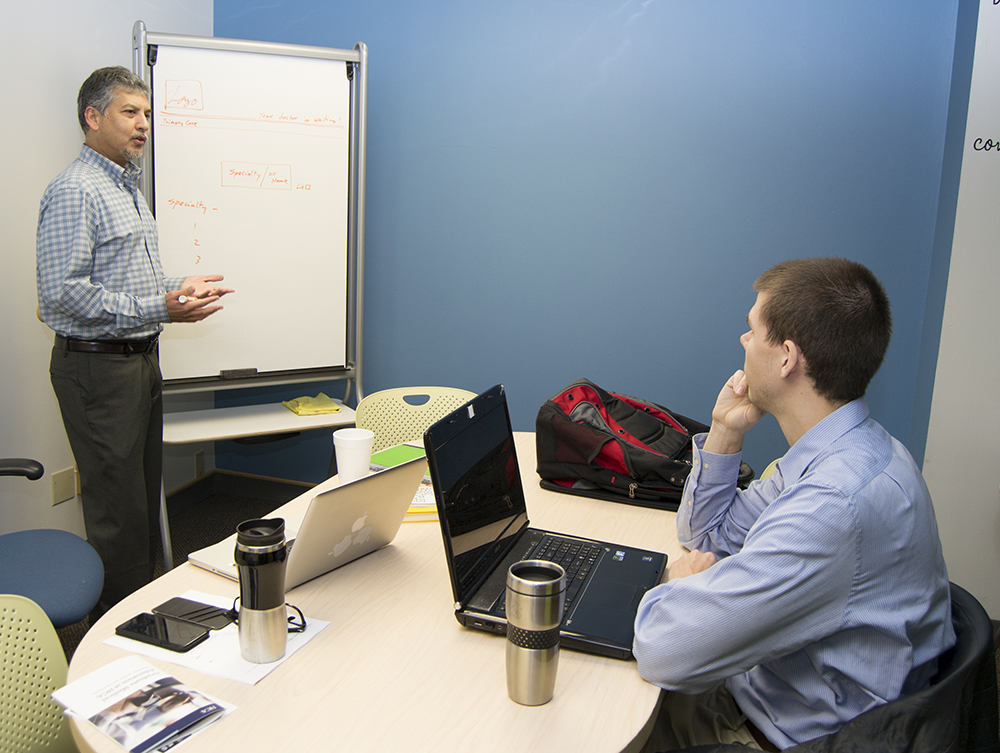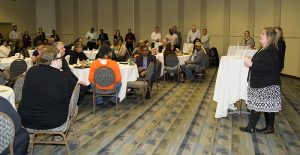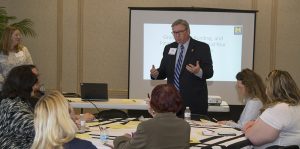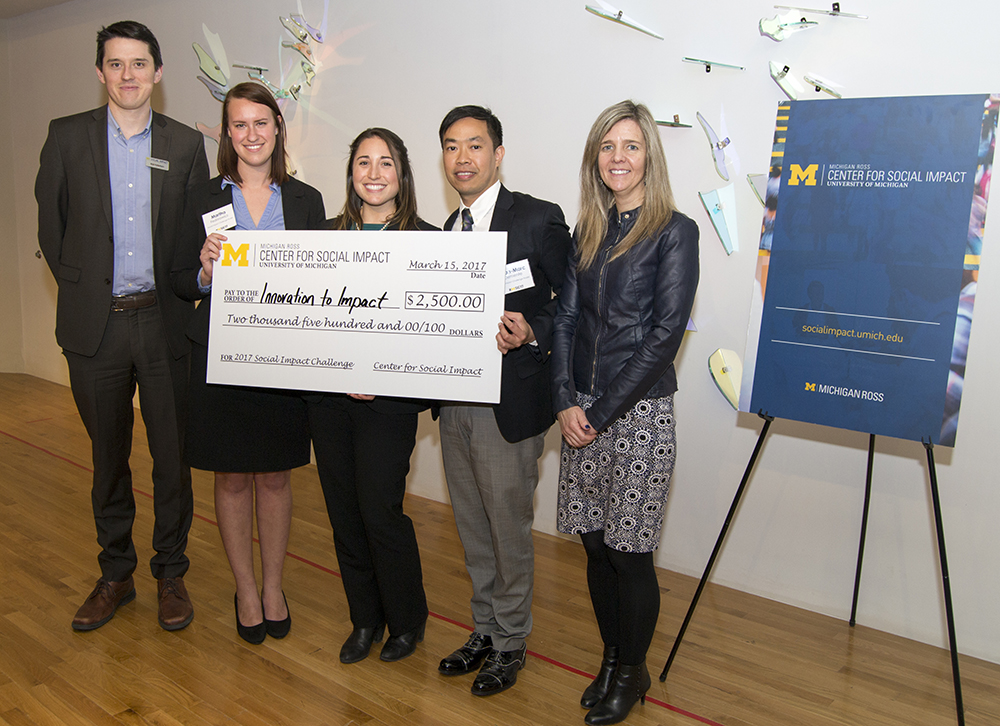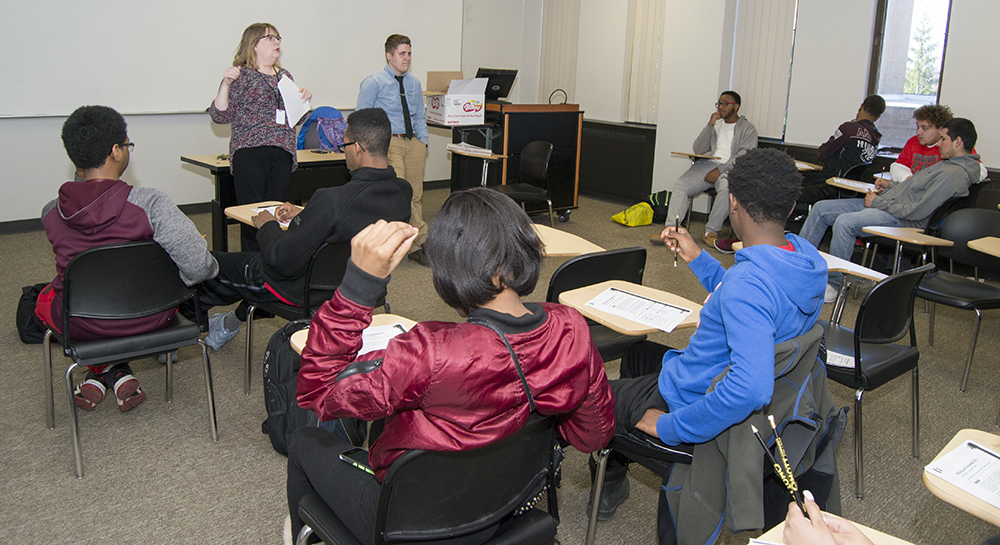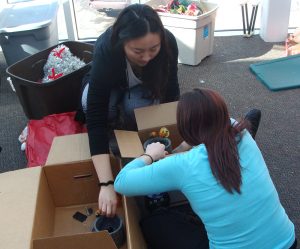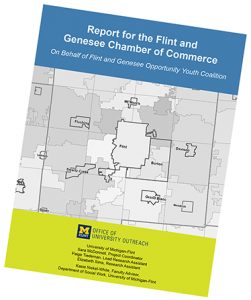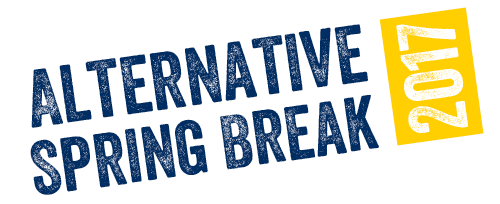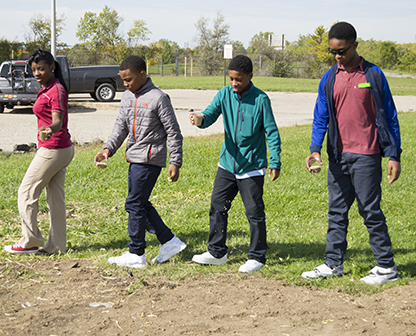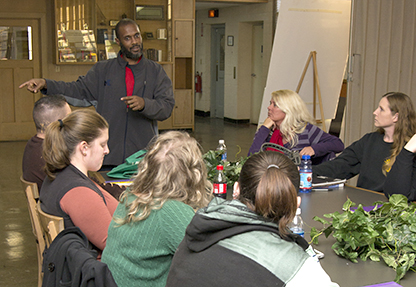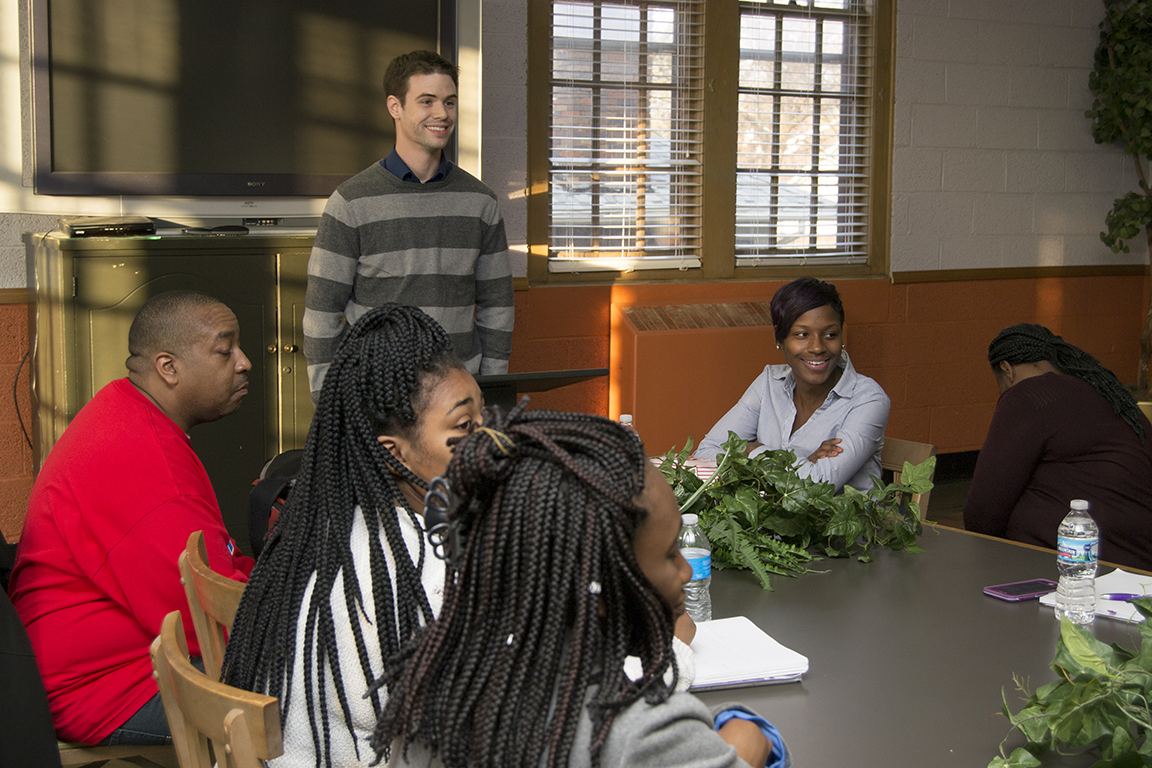By Ashley McCloud
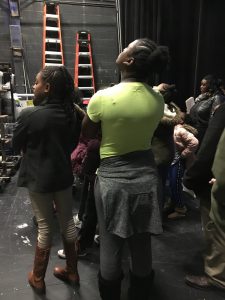 University Outreach has been supporting partnership opportunities between UM-Flint and the Community Education Initiative in Flint Community Schools since 2014. One great partnership that is growing this year is between UM-Flint’s Student Dance Organization and Flint’s Pierce Elementary School. On November 30, 2017, seventeen students from Flint’s Pierce Elementary School visited UM-Flint to watch the Student Dance Organization’s Choreographic Showcase. The third through sixth graders were all amazed by the lobby of the Theater and were excited for what was in store for them that evening.
University Outreach has been supporting partnership opportunities between UM-Flint and the Community Education Initiative in Flint Community Schools since 2014. One great partnership that is growing this year is between UM-Flint’s Student Dance Organization and Flint’s Pierce Elementary School. On November 30, 2017, seventeen students from Flint’s Pierce Elementary School visited UM-Flint to watch the Student Dance Organization’s Choreographic Showcase. The third through sixth graders were all amazed by the lobby of the Theater and were excited for what was in store for them that evening.
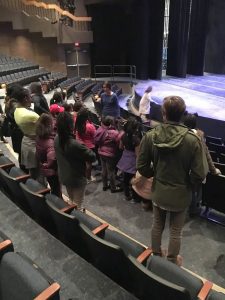 Their visit began with a tour of the Department of Theatre and Dance led by Shelby Newport, Chair, Associate Professor, and Resident Costume Designer of the Theater Department. Pierce students were able to tour backstage, the scene shop, costume shop, black box and walk on stage where the performance would later take place. The Pierce students were very excited about getting a sneak peek of what happens behind stage before a show is put together. They were even given the opportunity to try on some costume pieces from a recent performance.
Their visit began with a tour of the Department of Theatre and Dance led by Shelby Newport, Chair, Associate Professor, and Resident Costume Designer of the Theater Department. Pierce students were able to tour backstage, the scene shop, costume shop, black box and walk on stage where the performance would later take place. The Pierce students were very excited about getting a sneak peek of what happens behind stage before a show is put together. They were even given the opportunity to try on some costume pieces from a recent performance.
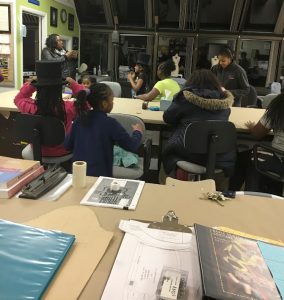 After the behind-the-scenes tour, Pierce students watched the Choreographic Showcase and could be seen dancing along in their seats the entire show. When the performance was over, the students from Pierce had the opportunity to meet some of the dancers and expressed how much they wanted to dance like them. This field trip was the beginning of a partnership between UM-Flint’s Student Dance Organization and the Flint Community Education Initiative at Pierce Elementary which will support the Student Dance Organization in leading an after school dance program at the school beginning in January 2018. UM-Flint’s Student Dance Organization will be teaching various styles of dance for a 5-10 week period to K-6 students.
After the behind-the-scenes tour, Pierce students watched the Choreographic Showcase and could be seen dancing along in their seats the entire show. When the performance was over, the students from Pierce had the opportunity to meet some of the dancers and expressed how much they wanted to dance like them. This field trip was the beginning of a partnership between UM-Flint’s Student Dance Organization and the Flint Community Education Initiative at Pierce Elementary which will support the Student Dance Organization in leading an after school dance program at the school beginning in January 2018. UM-Flint’s Student Dance Organization will be teaching various styles of dance for a 5-10 week period to K-6 students.
